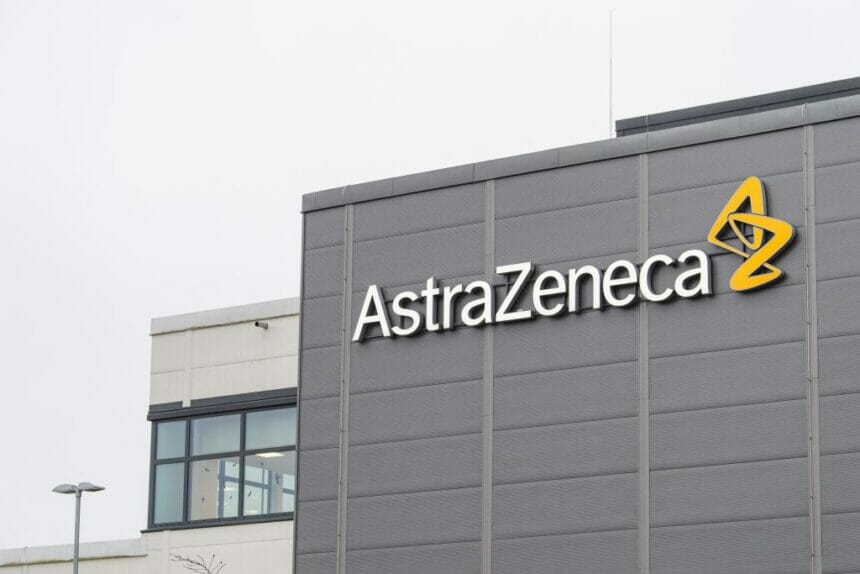AstraZeneca announced plans to acquire Fusion Pharmaceuticals for up to $2.4 billion on Tuesday morning, marking its latest deal focused on opportunities in the radiopharma space.
As part of the agreement, the British pharma giant will pay around $2 billion upfront (which represents a 97% premium on Fusion’s closing market price from yesterday afternoon), with other contingent value payments bringing the total to $2.4 billion.
The transaction is expected to close in Q2 2024, subject to customary closing conditions, approval by Fusion shareholders and regulatory approvals. AstraZeneca’s move didn’t necessarily impress investors on Wall Street, as its stock traded down slightly during the Tuesday morning trading session.
AstraZeneca’s primary interest in this deal is in obtaining Fusion’s portfolio of next-generation radioconjugates (RC), which show promise for treating cancers, specifically prostate cancer.
Fusion’s lead asset is FPI-2265, an RC that targets prostate-specific membrane antigen, a protein that is highly expressed in patients with metastatic castration-resistant prostate cancer. Currently, the drug candidate is in a Phase 2 trial.
Another appealing consideration for scooping up Fusion is its RC manufacturing and supply chain capabilities, which are based in Hamilton, Canada and add to AstraZeneca’s investments in the country.
Of note, the two companies previously collaborated on advancing FPI-2068, an EGFR-cMET targeted radioconjugate, into Phase 1 clinical trials.
“Between thirty and fifty per cent of patients with cancer today receive radiotherapy at some point during treatment, and the acquisition of Fusion furthers our ambition to transform this aspect of care with next-generation radioconjugates,” Susan Galbraith, EVP of oncology research and development at AstraZeneca, said in a statement. “Together with Fusion, we have an opportunity to accelerate the development of FPI-2265 as a potential new treatment for prostate cancer, and to harness their innovative actinium-based platform to develop radioconjugates as foundational regimens.”
Once the deal is completed, Fusion will become a wholly-owned subsidiary of AstraZeneca and continue to operate in both the U.S. and Canada.
Fusion CEO John Valliant heralded the acquisition as an opportunity to scale its RC R&D with AstraZeneca’s strengths in small molecule and biologics engineering.
AstraZeneca’s active dealmaking strategy continues with the Fusion deal.
The deal was announced less than a week after AstraZeneca said it would acquire rare endocrine disease biotech Amolyt Pharma for $800 million upfront.
Last year alone, AstraZeneca bought Icosavax for up to $1.1 billion to bolster its vaccine pipeline and acquired the rights to Eccogene’s GLP-1 drug, ECC5004, for $185 million.







